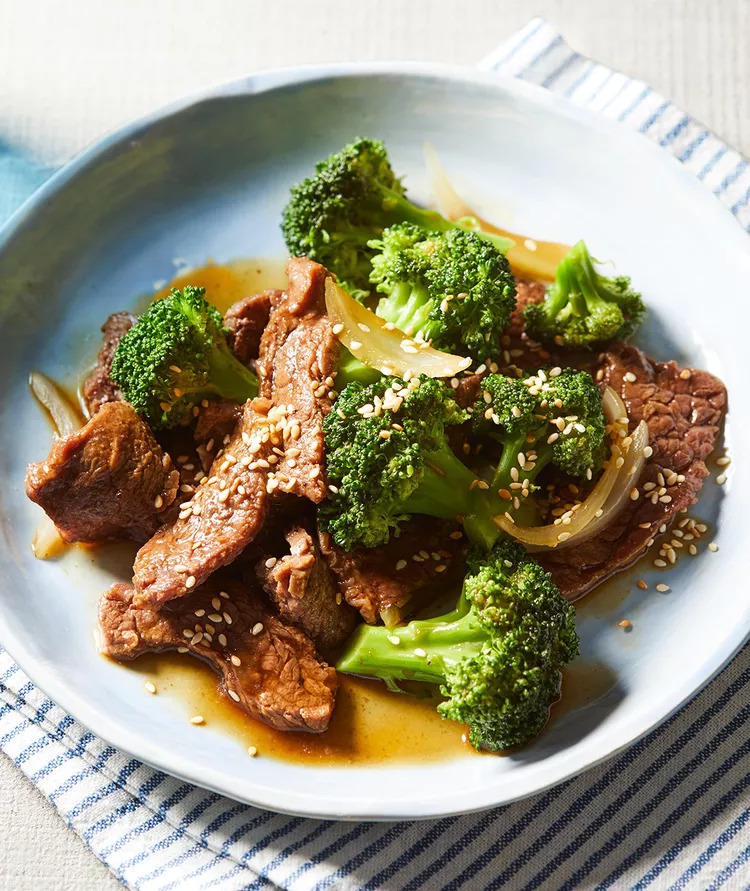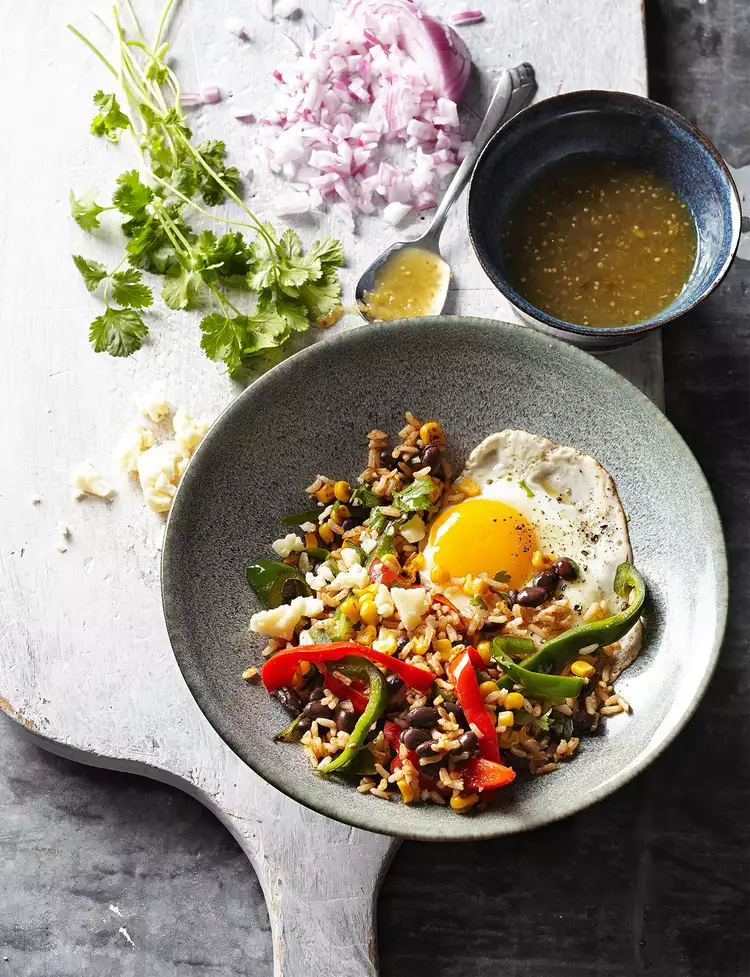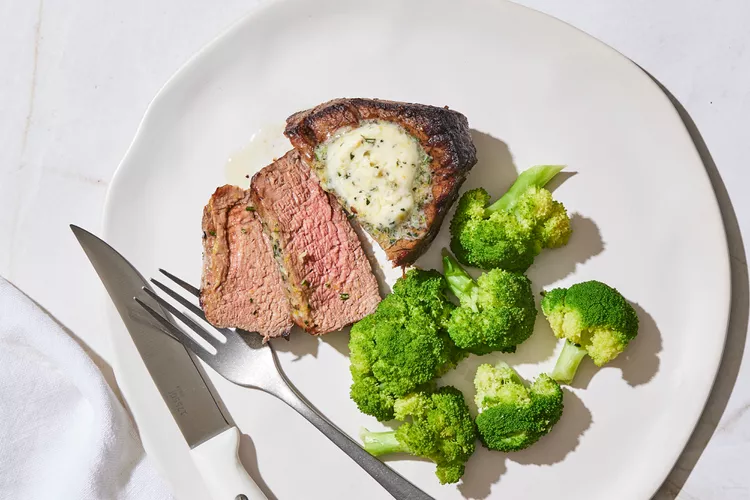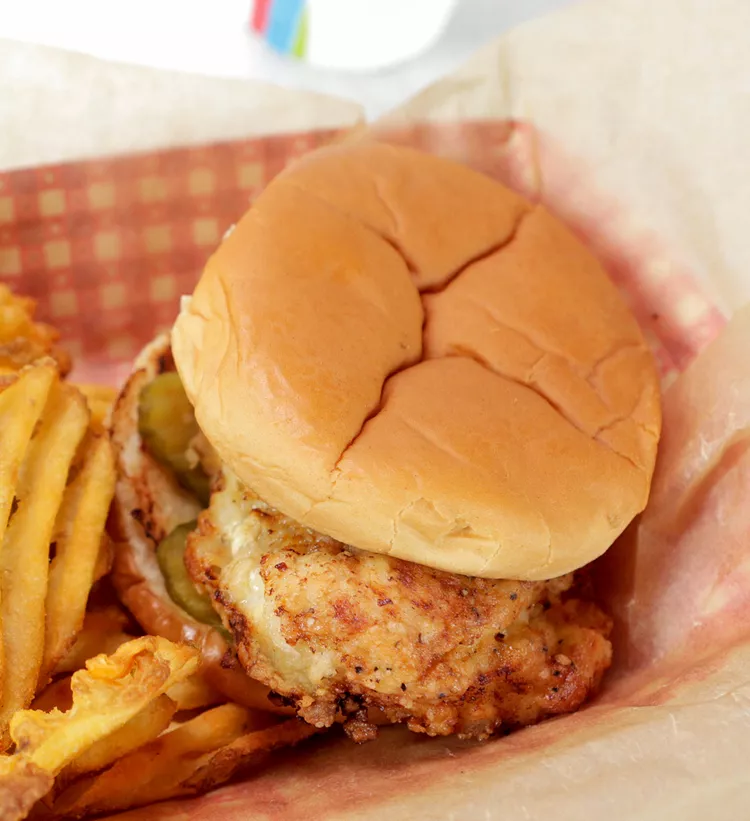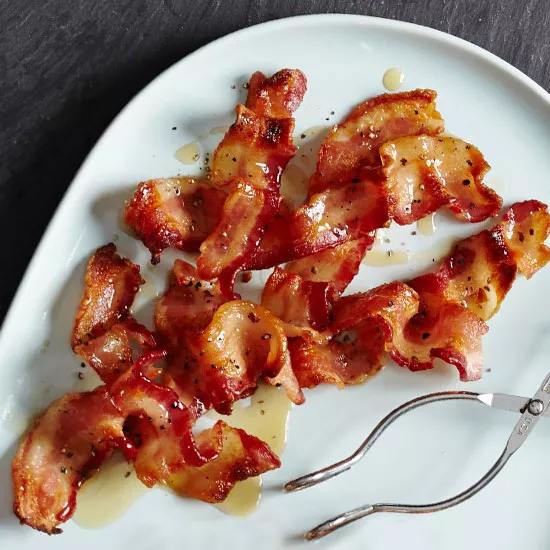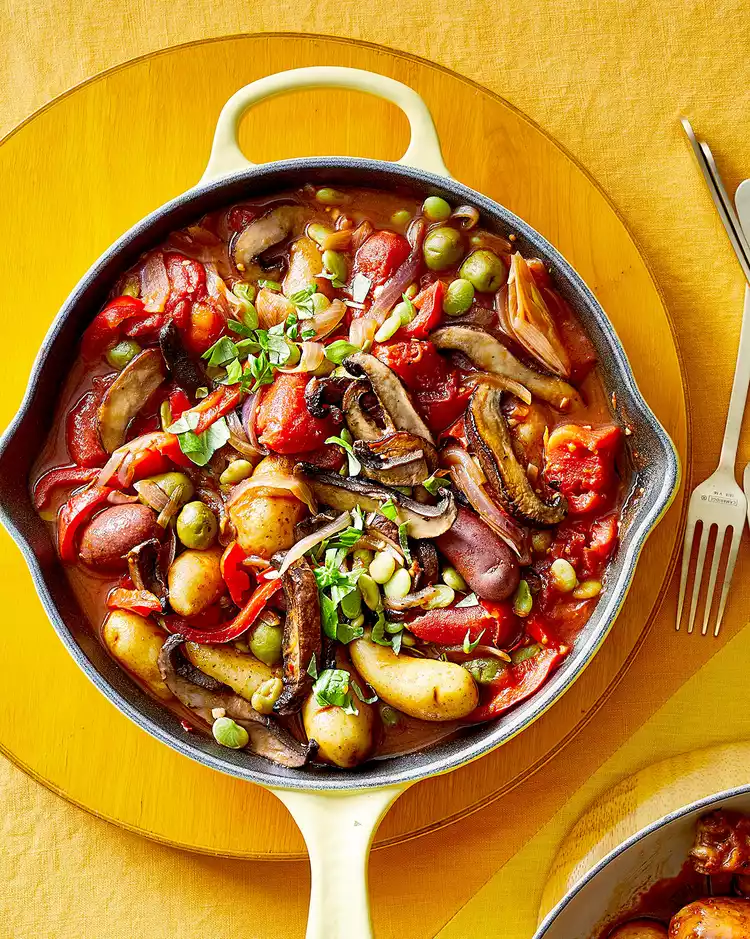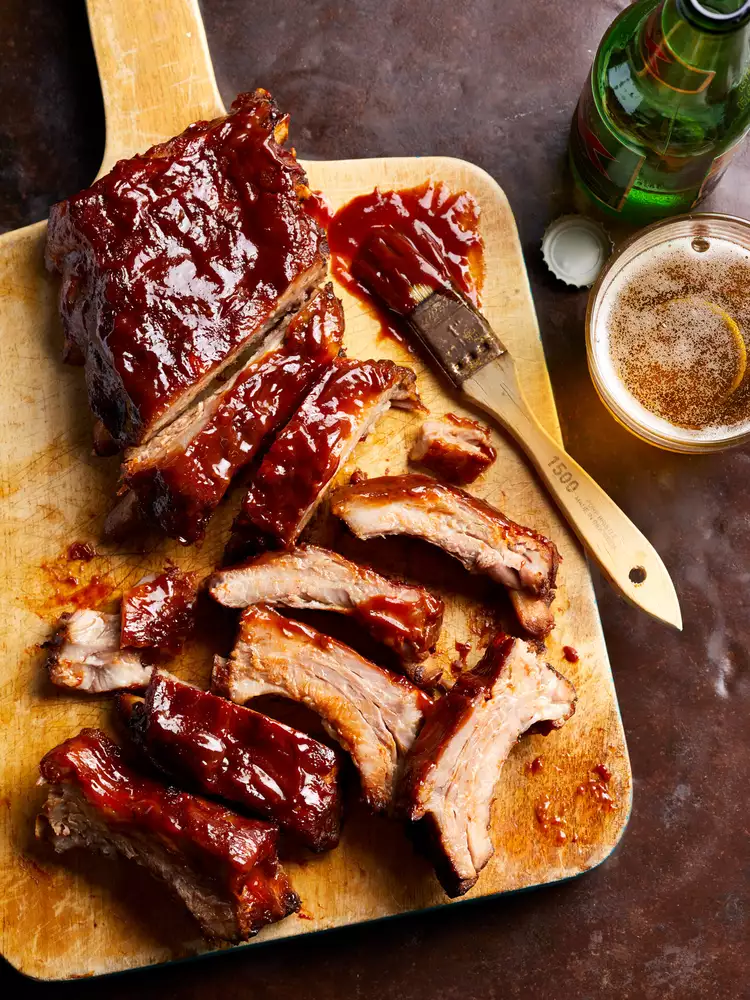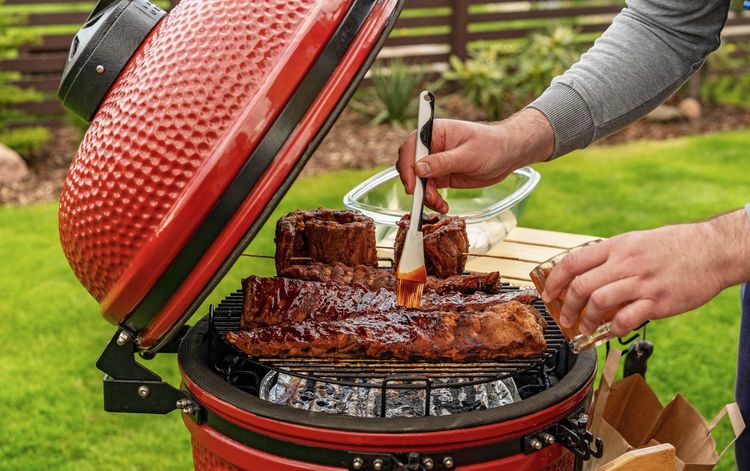Charleston's Culinary Crossroads: Balancing Mobile Food Vendors and Brick-and-Mortar Businesses
Charleston, South Carolina, a city renowned for its rich culinary heritage, is now grappling with a new challenge – the rise of mobile food services and their impact on the local business landscape. As the city's vibrant food scene continues to evolve, business owners and city officials are navigating the complexities of striking a balance between the convenience of mobile vendors and the needs of established brick-and-mortar establishments.Navigating the Changing Landscape of Charleston's Food Scene
The Surge of Mobile Food Vendors
In recent weeks, King Street, the heart of Charleston's downtown, has witnessed a noticeable increase in the presence of food trucks, carts, and tents. This influx of mobile food services has sparked a debate among local business owners, who are voicing their concerns about the impact on the character and dynamics of the city's culinary landscape.El Jefe owner Roy Neal expresses his reservations, stating, "We don't feel like the mobile food trucks are adding to the character of Charleston. I was fine when it was one or two carts, not an issue. When you have seven in one night, and they're in parking lots, on sidewalks, the music is blaring, it becomes a problem."
The proliferation of these mobile vendors has raised questions about fairness, regulation, and the ability of established businesses to compete on a level playing field. Business owners argue that they have to navigate a complex web of permits, licenses, and inspections to operate, while mobile vendors may not be subject to the same level of scrutiny.
Balancing the Interests of Diverse Stakeholders
The debate over mobile food services has sparked a conversation within the Charleston City Council, with councilmember Mike Seekings acknowledging the need to address the issue in a comprehensive manner. "I think everyone needs to be on a level playing field, treated the same, treated fairly, and make sure everyone has a chance to succeed safely," Seekings says.The concerns raised by business owners are not limited to the impact on the character of the city, but also extend to issues of public safety, noise, and the use of public spaces. Veteran-owned business Booze Pops, for instance, has faced its own challenges in navigating the regulatory landscape, with owner Woody Norris stating, "We're always facing someone trying to shut us down. We're used to that and ready to do what we need to do to be alive and keep our family-owned businesses going."
Seeking a Balanced Approach
The city's efforts to address the mobile food services issue are not new. During the term of former Mayor John Tecklenburg, ordinances were enacted to prioritize limits on hours of operation, location, and public safety. However, the ongoing debate suggests that a more comprehensive and nuanced approach may be necessary to strike a balance between the needs of mobile vendors and established businesses.Councilmember Seekings acknowledges the need for a holistic solution, stating, "Concerns are businesses spilling out onto the streets. We need to go look at it wholistically. Its nothing major, but it is something that should be addressed."
As Charleston's culinary landscape continues to evolve, the city and its stakeholders must navigate the delicate balance between fostering innovation, supporting local businesses, and preserving the unique character that has made Charleston a renowned gastronomic destination.


